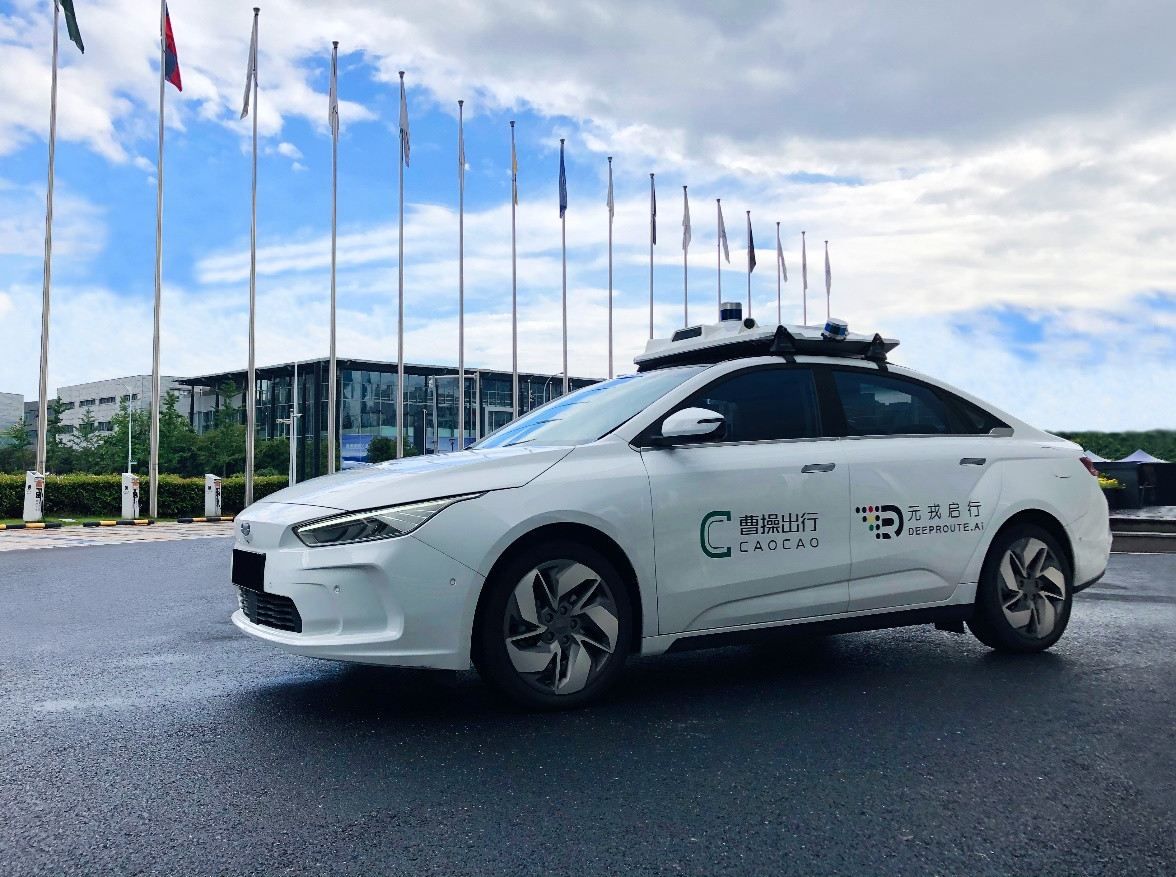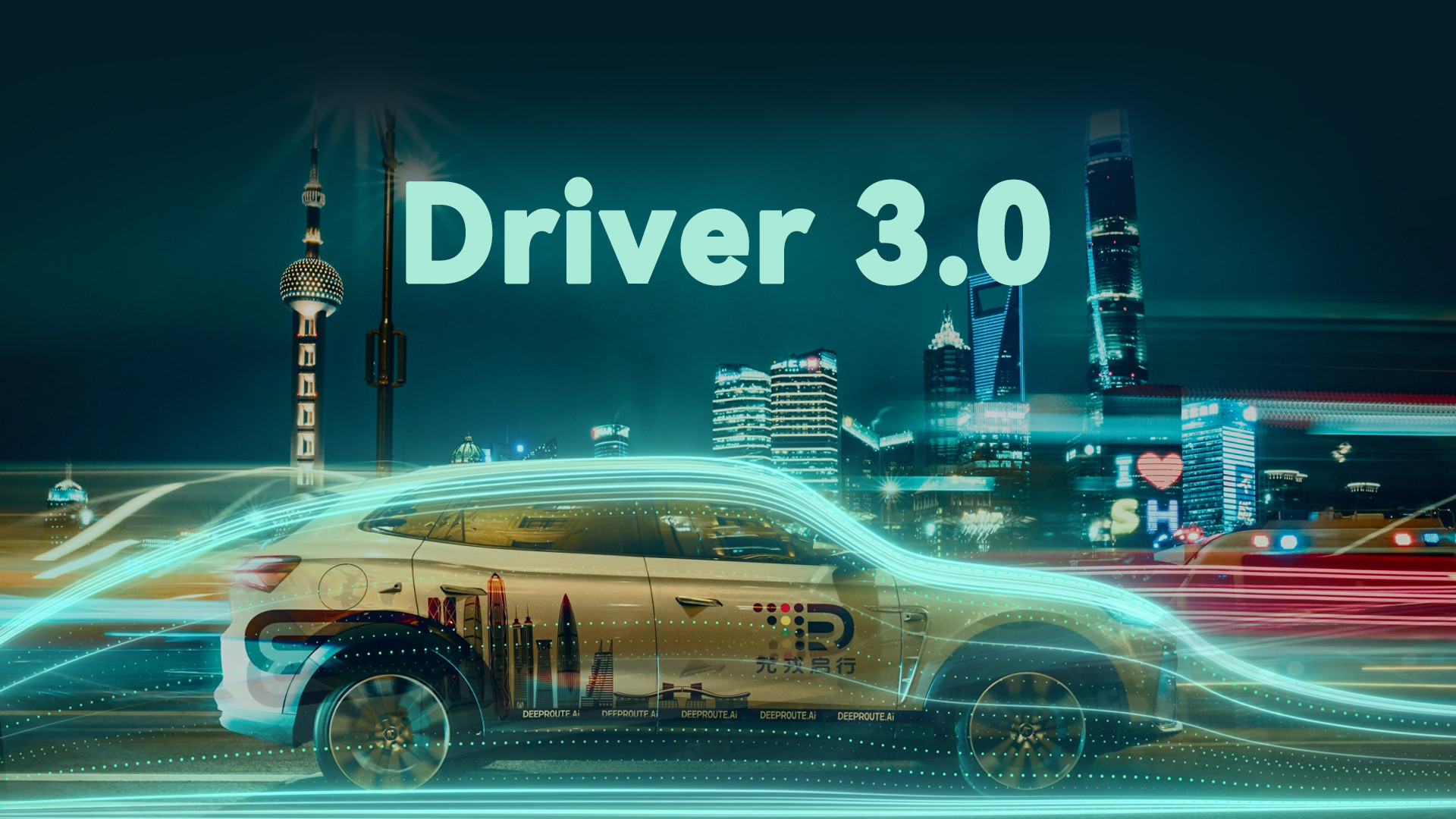The arrival of artificial intelligence is gradually making its way into the automotive field. We recently discussed the integration of ChatGPT into Peugeot models, but the real issue remains the possibility of a vehicle being driven autonomously using AI.
DeepRoute.ai, a Chinese startup specializing in autonomous driving technologies, has recently secured $100 million in funding from a car manufacturer. This strategic move aims to massively expand its driver-assistance systems in a highly competitive landscape where giants like Tesla are seeking to establish themselves in the Chinese market.
This funding opens new avenues for the company, with ambitious deployment goals by 2025.
Indeed, DeepRoute.ai forecasts a massive adoption of its autonomous driving systems by 2025. According to Maxwell Zhou, the CEO of the Shenzhen-based startup, close to 200,000 vehicles in China will be equipped with their advanced driver-assistance technology by the end of 2025, compared to approximately 20,000 currently. This technology would enable vehicles to navigate urban traffic semi-autonomously, a level of driving reminiscent of Tesla's Full Self-Driving (FSD).
The objective is to deploy this innovation on a large scale, in collaboration with various partner car manufacturers. The first car integrating DeepRoute.ai's system was launched in August 2024, and 2 more models are planned before the end of the year, including a Smart model, co-owned by Geely and Mercedes-Benz. By 2025, more than 10 new vehicle models are expected to be marketed with the DeepRoute.ai system, according to Zhou.
DeepRoute.ai plans to generate revenue through the marketing of technology licenses associated with each vehicle equipped with its system. In addition to revenue, this rapid expansion of the fleet of connected vehicles will make it possible to collect large amounts of data. This data, essential for the development of artificial intelligence, will serve as a learning basis, and will improve the system's navigation capacity in more complex traffic situations, typical of Chinese cities.
The collection of data and the learning of real driving situations are significant competitive advantages. As the equipped fleet grows, DeepRoute.ai will be able to strengthen its algorithms and optimize its autonomous driving technology to address the specific challenges of China, where traffic is often intense and unpredictable.
Competition in the field of autonomous driving in China is intensifying, with each manufacturer seeking to offer advanced features to attract consumers. Tesla's announcement that it plans to launch its Full Self-Driving system in China soon has increased pressure on local competitors to accelerate their developments. DeepRoute.ai sees Tesla as a pioneer in the field, but believes that the American company will need to adapt its system to the specificities of the Chinese market.
The Chinese automotive sector, the largest market in the world, is facing a fierce price war between hundreds of models available. This situation encourages local players to offer increasingly sophisticated technologies, in a context where consumer expectations for autonomous driving are constantly increasing. In France, the use of AI in radars is being announced for 2025 to improve road safety. AI will play an increasingly important role in the road space.
While consolidating its position in China, DeepRoute.ai plans to expand internationally. According to Zhou, the company is monitoring opportunities in regions such as Europe, Southeast Asia, and the Middle East, where demand for autonomous driving technologies could emerge around 2027-2028. DeepRoute.ai's strategy is to adapt its systems to the particularities of local markets, while maintaining competitive costs.
Founded in 2019, DeepRoute.ai has distinguished itself by developing autonomous driving solutions without resorting to expensive high-definition maps, unlike many of its competitors. This innovative approach allows the company to offer intelligent driving technologies at more affordable prices, enabling manufacturers to create intelligent electric vehicles starting at 150,000 yuan (about $21,000) in China.


















